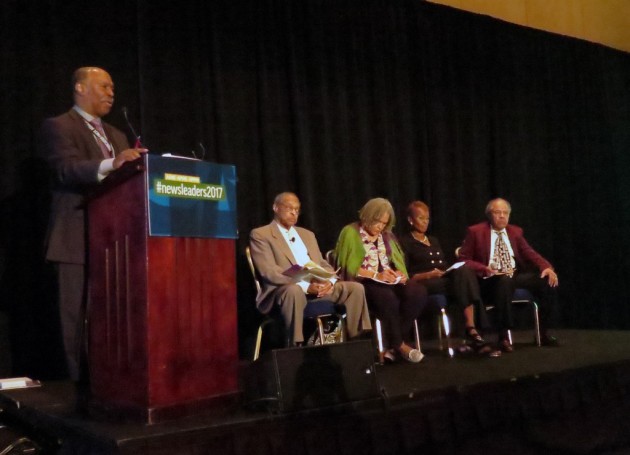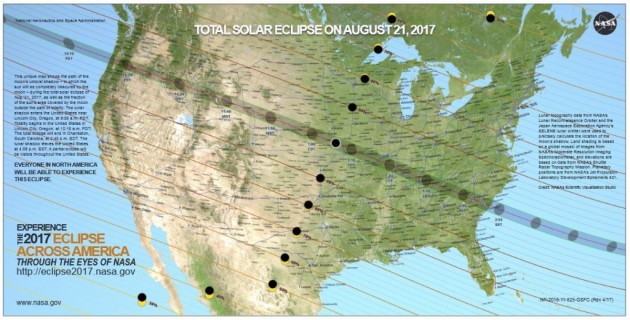Kunta Kinte, Fiddler, Chicken George are Introduced to a New Generation of Viewers who now can use DNA to Trace their own Ancestry
TV One will re-broadcast “Roots” beginning Sunday at 8 p.m. to commemorate the 30th anniversary of the mini-series and encourage a new generation of viewers to connect to their past.
Viewers can go to tvoneonline.com to begin tracing their DNA. This initiative was made possible through African Ancestry. The company will take orders and send testing kits.”The kit takes a week and a half to get to you,” said Bernard Bell, Senior Vice-President of TV One.
The kit permits the collection of saliva swabs, and in six weeks each individual will know which country or region their ancestors came from. The prices of the kits ranges from $275 to $550, these prices were reduced by more than 20 percent for tvoneonline.com users. The offer ends on April 30.
Bell said that “Roots” was a landmark in television because it showed black people as multi-dimensional and multi-emotional. “Back then we only saw ourselves in comedic roles in shows like ‘The Jeffersons’and ‘Good Times.’ In ‘Roots,’ LeVar Burton played a dramatic role and Richard Roundtree played a businessman,” he said.
In January 1977, when there were only three major networks-ABC, CBS, and NBC-80 million people on average watched the episodes of Roots. On Sunday, Bell said he expects 400,000 to 500,000 people to tune in.
The series will be shown from April 8 to 12 and on April 15. Cast members including Burton and Leslie Uggams will host each of the episodes. During the final episode on April 15, cast members will participate in a tribute to Alex Haley.
“Roots,” based on Haley’s novel of the same name, is about his family lineage. In the series viewers saw the evolution of Haley’s family starting with warrior Kunta Kinte (Burton) who was taken from Africa and enslaved in America in the 1700s. The series ended with Kinte’s great-grandson Tom (Georg Stanford Brown) who joined the Union Army and gained freedom after the signing of the Emancipation Proclamation.
The series also contained many painful scenes such as rapes, whippings, and slave auctions. However, it is that same pain that Bell wants viewers to remember and gain strength from.
“Look how far we have come. There is now black wealth in America,” he said. “You know how the saying goes ‘to forget your history is to repeat it.'”
TV One purchased the broadcast rights to the series from Warner Brothers. Bell said that purchase-the amount was not disclosed-was considered more an investment than as a business transaction.
Bell said he hopes that that the broadcast encourages dialogue among young viewers about who they are and how great they are. “And if these conversations allow us to germinate just one next black future president, our rebroadcast has been a success.”


